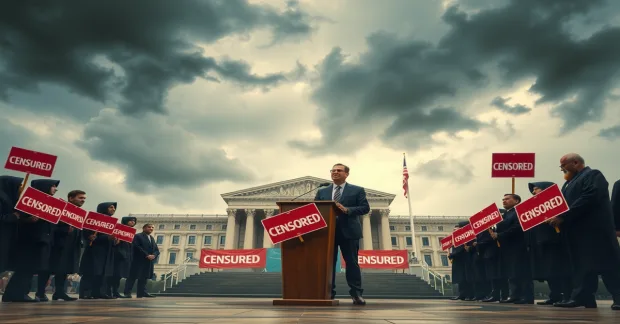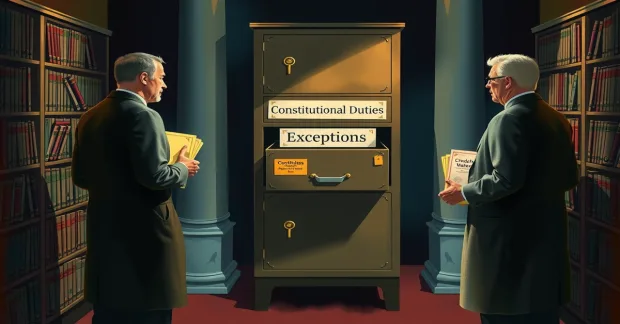
In the realm of law and governance, precision in language is paramount. Two terms that often cause confusion are “declarations” and “proclamations.” While they may sound similar, they carry distinct legal implications and serve different purposes. This blog post aims to unravel the legal intricacies surrounding declarations and proclamations, shedding light on their differences and how they are utilized in various legal contexts.
Understanding Declarations
Declarations, in a legal context, are formal statements made by authoritative entities to express a specific intent, stance, or recognition. These statements can be issued by governments, courts, or international organizations. Declarations are typically non-binding and lack the force of law. Instead, they serve as symbolic expressions of principles or beliefs.
- Governmental Declarations:
Governments often issue declarations to communicate their position on a particular matter without creating legal obligations. For example, a government may issue a declaration of support for a social cause or condemn a specific action without enacting new laws. - Declarations in International Law:
Declarations are prevalent in the realm of international law. Countries may issue declarations to express their commitment to certain principles or to signal their consent to be bound by a treaty. However, it’s crucial to note that a declaration alone does not create legal obligations; a separate legal instrument, such as a treaty, is needed for that purpose. - Court Declarations:
Courts may issue declarations in the form of declaratory judgments. These are legal determinations that clarify the rights and legal relationships of parties without ordering any specific action. Declaratory judgments are often sought when there is uncertainty or controversy surrounding legal rights.
Understanding Proclamations
On the other hand, proclamations carry a different legal weight. A proclamation is an official announcement or public notice made by a government or authority figure. Unlike declarations, proclamations can have legal consequences and may be used to enforce existing laws or announce new regulations.
- Governance and Administration:
Proclamations are commonly used by governments to make official announcements that affect the general public. This could include the declaration of public holidays, the imposition of curfews, or the establishment of emergency measures. In these cases, proclamations serve as a tool for governance and administration. - Legal Implications:
Proclamations can have legal implications, especially when they are used to enforce existing laws or introduce new regulations. For example, a proclamation by a head of state may have the effect of temporarily suspending certain legal provisions during a state of emergency. - Historical Context:
Throughout history, proclamations have been used to make significant announcements, such as the Emancipation Proclamation issued by President Abraham Lincoln in 1863, which declared all slaves in Confederate-held territory to be free. This proclamation had profound legal consequences and is considered a landmark moment in American history.
Key Differences
Now that we have explored the nature of declarations and proclamations, let’s highlight the key differences between the two:
- Binding Nature:
- Declarations: Generally non-binding and lack the force of law.
- Proclamations: Can be binding and have legal consequences, especially when used to enforce existing laws or introduce new regulations.
- Intent and Purpose:
- Declarations: Primarily serve as symbolic expressions of intent or principles.
- Proclamations: Serve practical purposes, often related to governance, administration, or the enforcement of laws.
- Enforceability:
- Declarations: Typically not enforceable in a legal sense; their power lies in persuasion and symbolism.
- Proclamations: Can be legally enforceable, depending on the context and the authority issuing the proclamation.
- Examples in History:
- Declarations: Declaration of Independence, expressing the thirteen American colonies’ intent to be free from British rule.
- Proclamations: Emancipation Proclamation, changing the legal status of slaves in Confederate territory during the American Civil War.
Conclusion
In conclusion, while declarations and proclamations may sound similar, their legal implications and functions set them apart. Declarations are often symbolic expressions of intent or principles, lacking legal force, while proclamations have the potential to be legally binding and enforceable. Understanding these distinctions is crucial for navigating the complexities of law and governance. As we continue to grapple with legal challenges and societal changes, a nuanced comprehension of declarations and proclamations becomes increasingly important in interpreting official statements and actions.



















